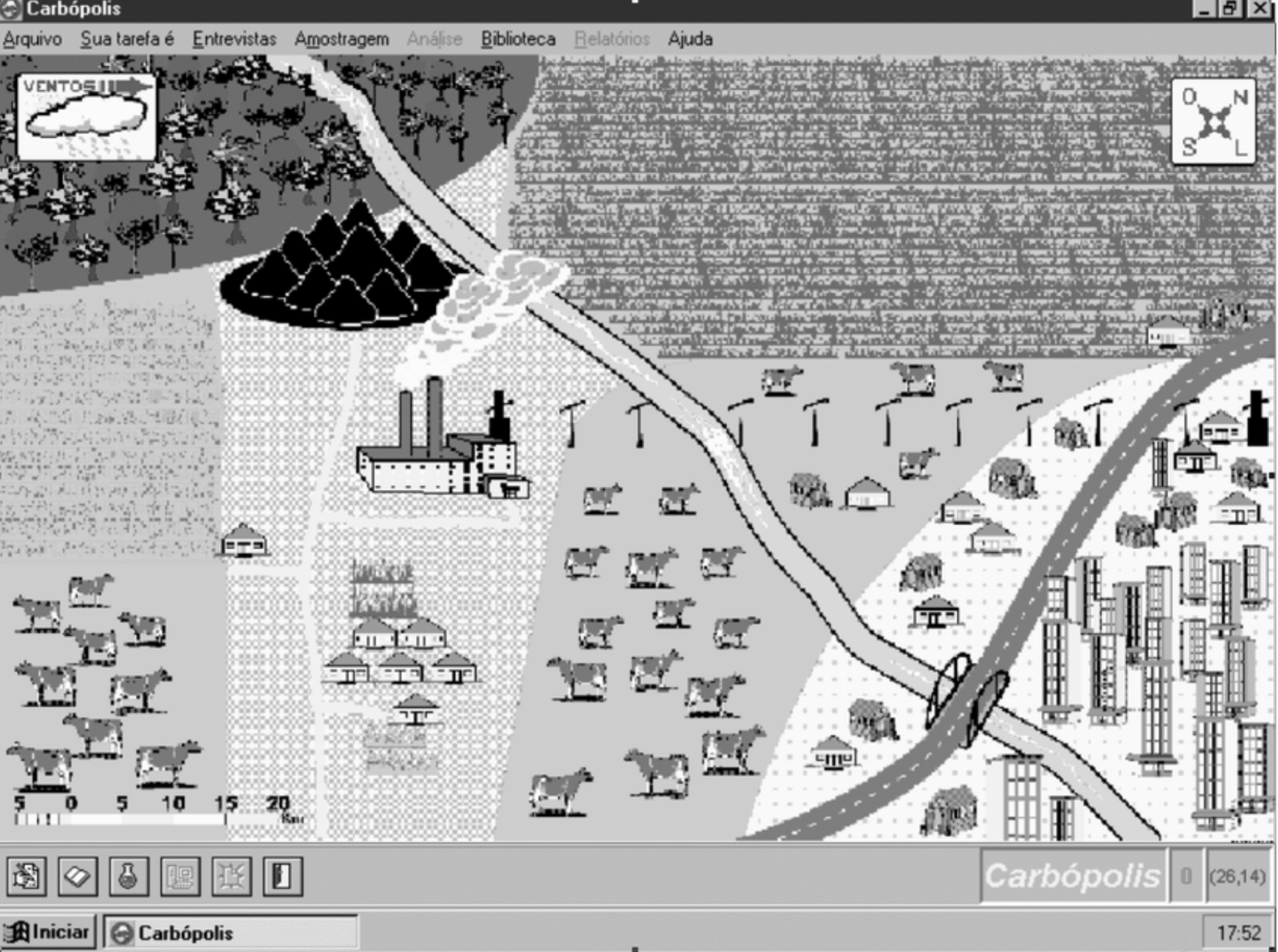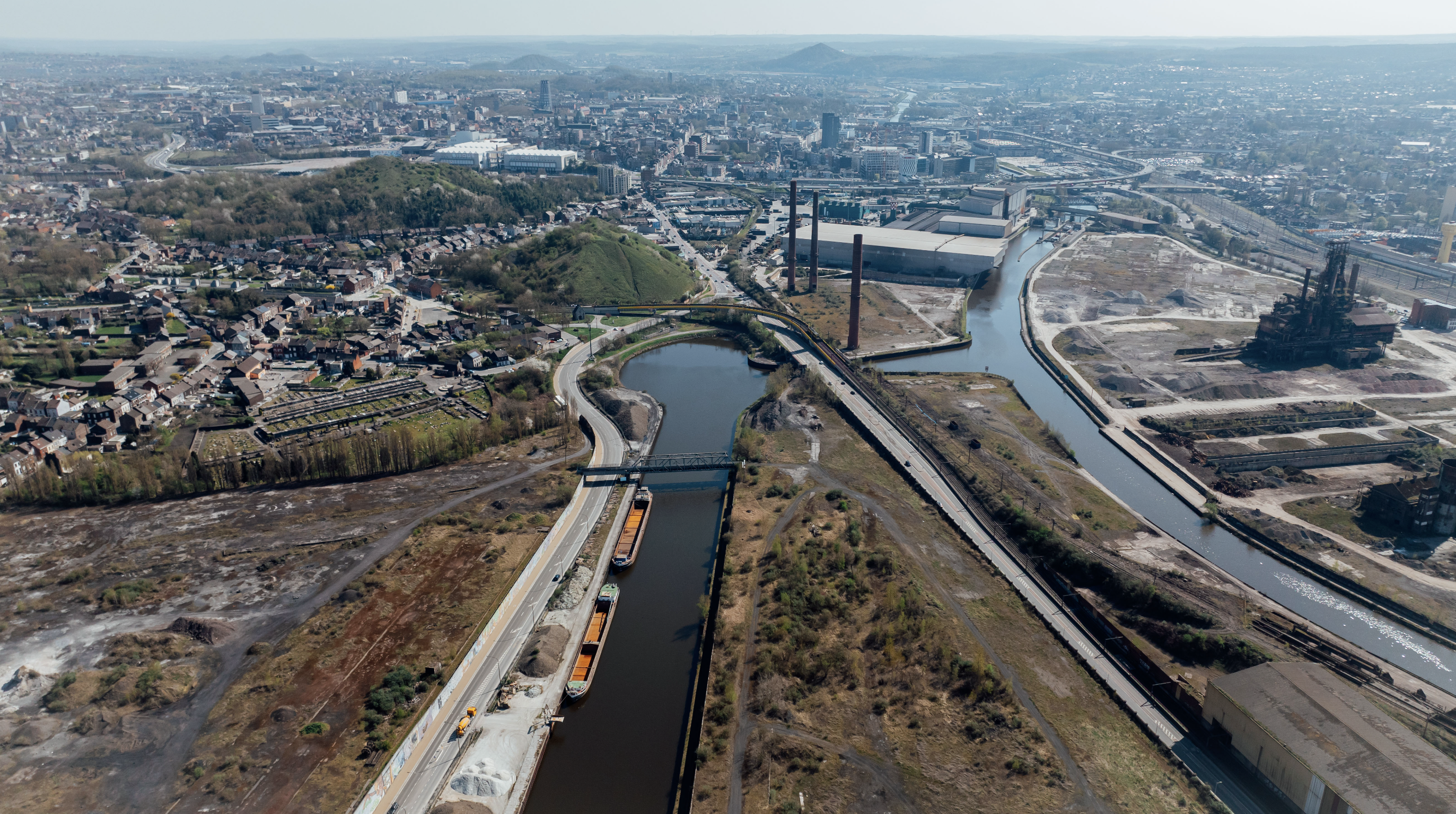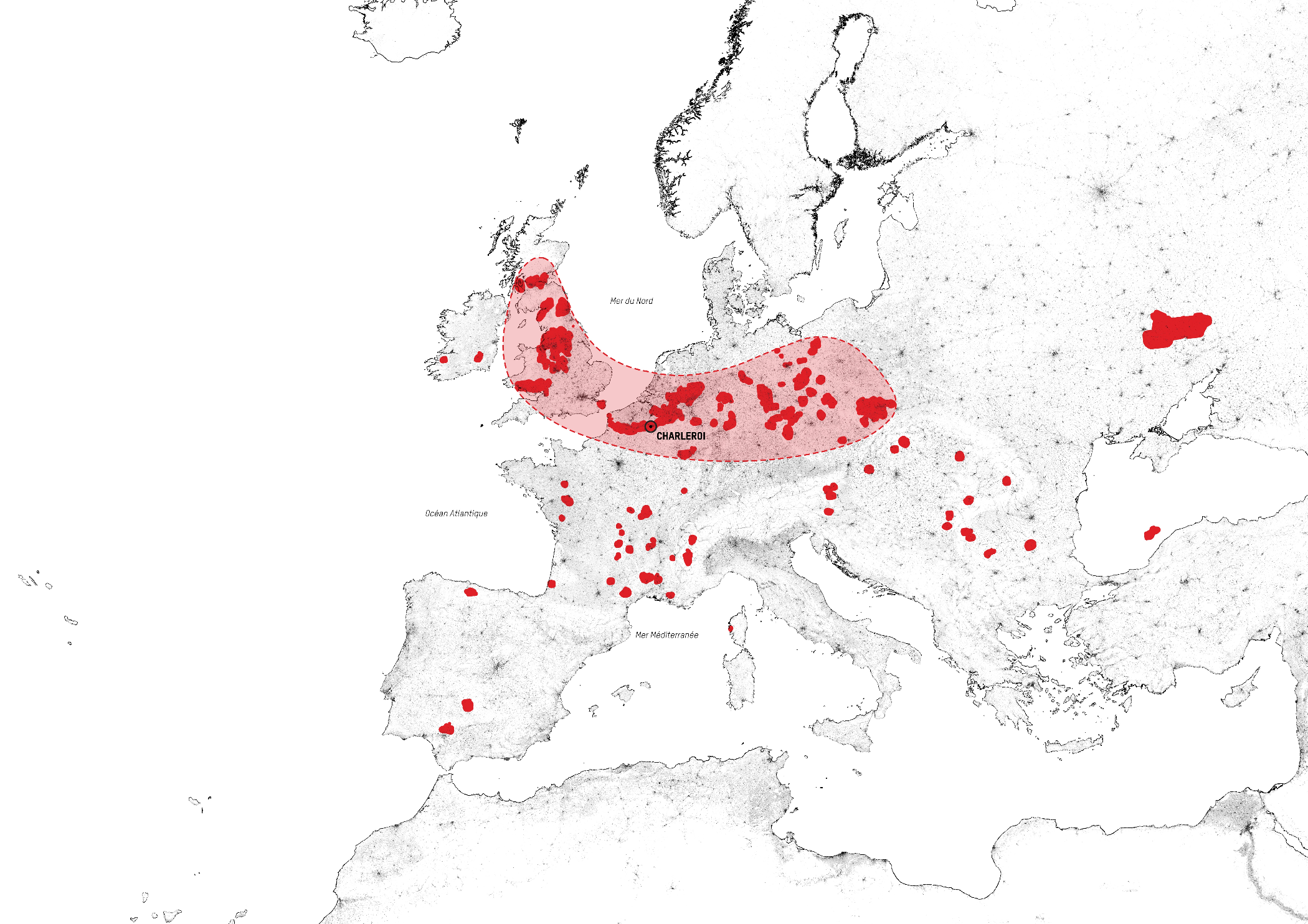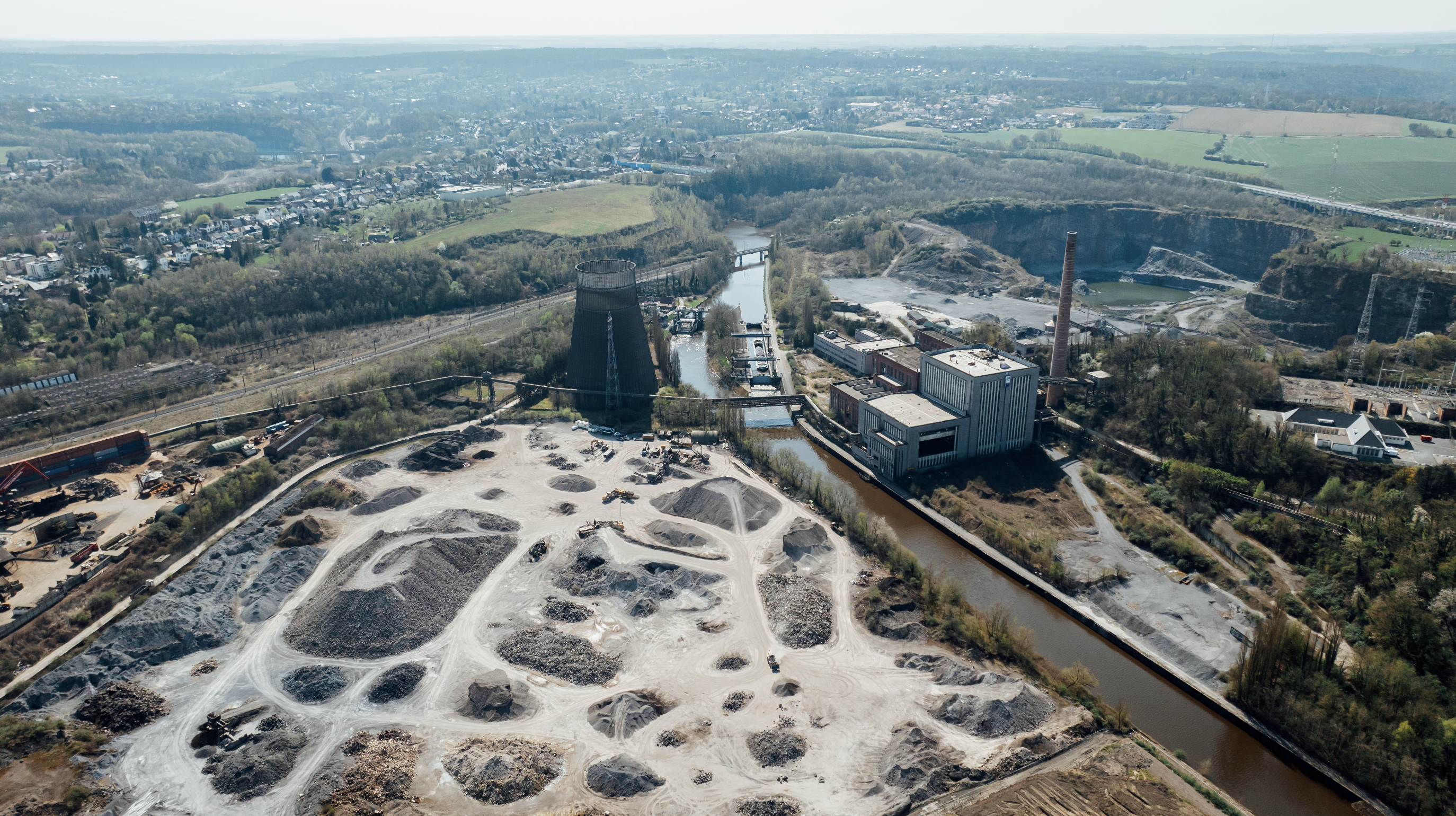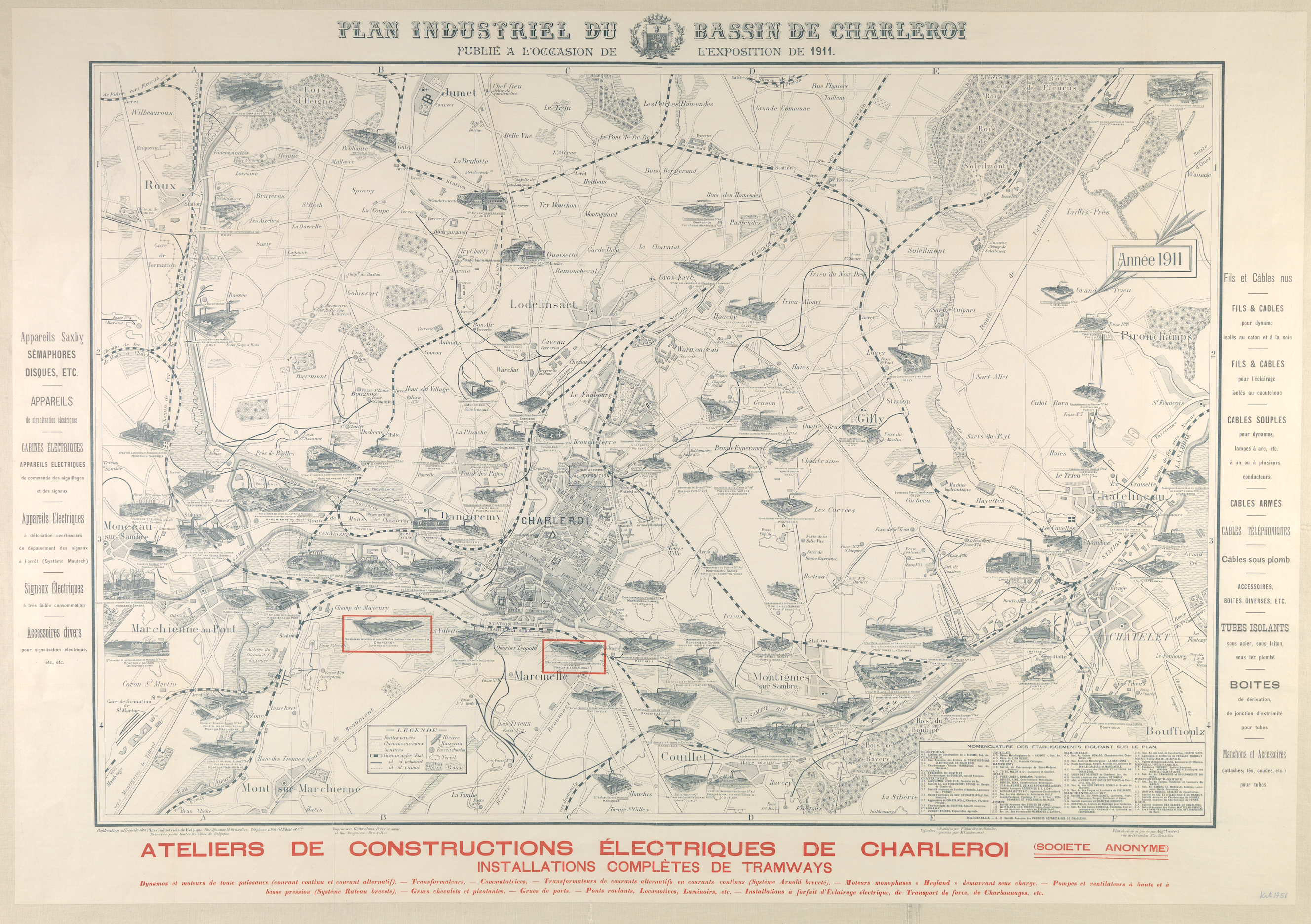The pervasive character of the urban condition has generated unprecedented and complex city forms. Metropolitan city, city-territory, generic city, etc., a proliferation of definitions has followed all trying to catch the emergence of the urban condition, to mark its limits, at most denying their existence.
A proliferation of figurations—and counter figurations—have been worked out by the urbanism culture all bringing to radical terms the effect on the planet of production and consumption logics underpinning nowadays urbanisation.
At the same time, the notion of rural continues to navigate not only in common sense but also the administrative and political spheres. And this is not only because of resistance and delay with respect to urban reality in practice.
But where does the city end? Does it actually end and in what terms?
With the city-form, the definition—and concept—of spatial and political but also mental limit is at stake.
